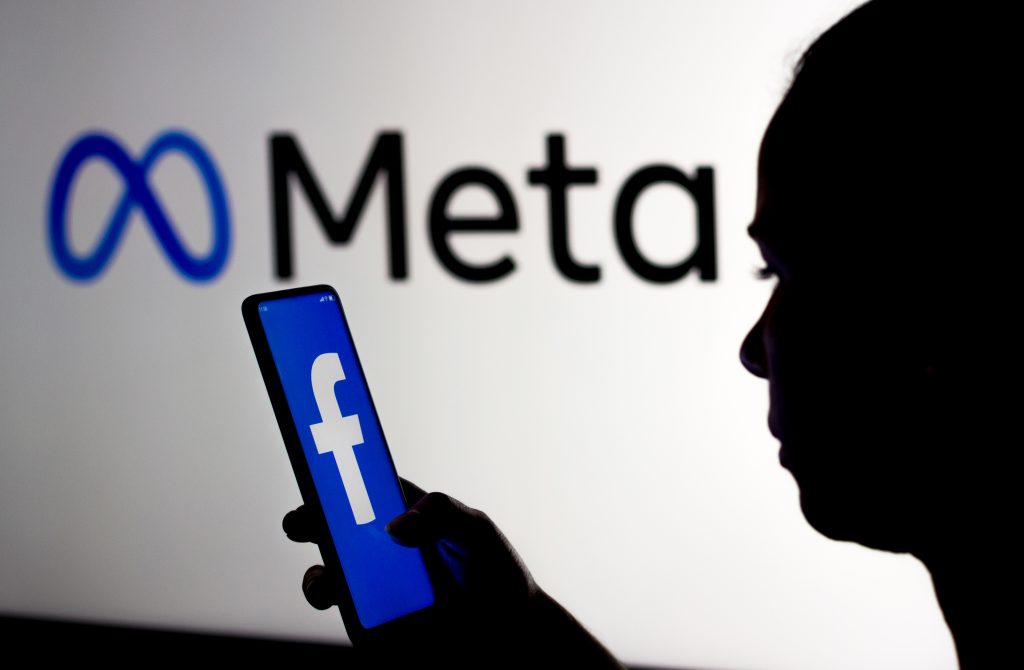Meta will remove content in which ‘Zionist’ is used as a proxy term for antisemitism
The company reevaluates the use of the term ‘Zionist’ on its platforms, considering it to be a proxy for hate speech against Jews and Israelis.

Meta announced on Tuesday that it will begin removing more posts that target ‘Zionists’ when the term is used to refer to Jewish people and Israelis, rather than supporters of the political movement. This decision is based on the claim that the world can take on new meanings and become a proxy term for nationality. Meta categorises numerous ‘protected characteristics,’ including nationality, race, and religion.
Previously, Meta’s approach has treated the word ‘Zionist’ as a proxy for Jewish or Israeli people in two specific cases: when Zionists are compared to rats, reflecting antisemitic imagery, and when context clearly indicates that the word means ‘Jew’ or ‘Israeli.’ Now, Meta will remove content attacking ‘Zionists’ when it is not explicitly about the political movement and when it uses certain antisemitic stereotypes, dehumanises, denies the existence of, or threatens or calls for harm or intimidation of ‘Jews’ or ‘Israelis.’
The policy change has been praised by the World Jewish Congress. Its president, Ronald S. Lauder, stated, ‘By recognizing and addressing the misuse of the term ‘Zionist,’ Meta is taking a bold stand against those who seek to mask their hatred of Jews.’ Meta has previously reported significant decreases in hate speech on its platforms.
A recurring question during consultations was how to handle comparisons of Zionists to criminals. Meta does not allow content that compares “protected characteristics” to criminals, but currently believes such comparisons can be used as shorthand for comments on larger military actions. The issue has been referred to an oversight board. Meta consulted with 145 stakeholders from civil society and academia across various global regions for this policy update.
